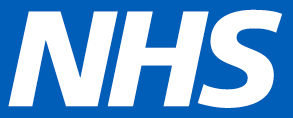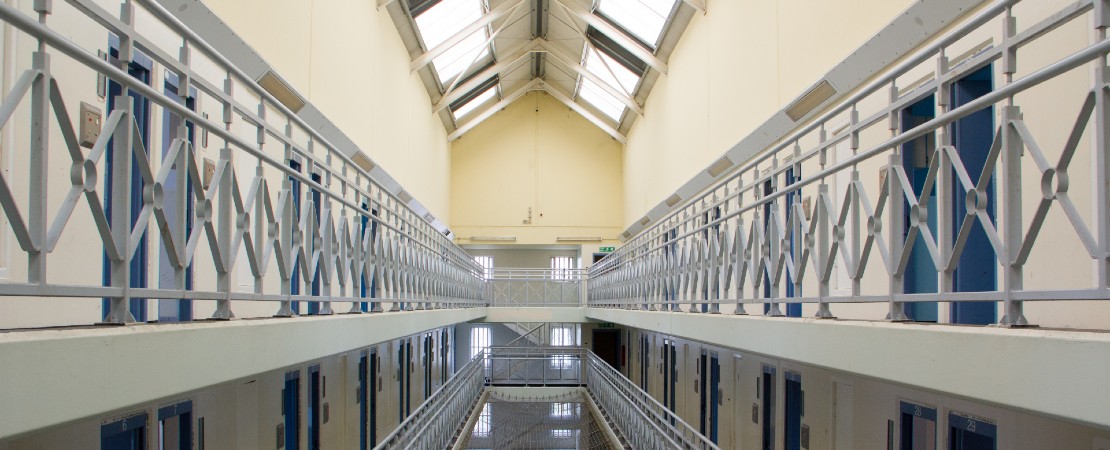More than ever, there is a greater emphasis on the ‘equivalence’ of care for detained individuals in secure environments. This includes the need for detained individuals to have access to community-equivalent healthcare services. One of these is the pharmacy service.
To give the full definition: 'Equivalence' is the principle by which the statutory, strategic and ethical objectives are met by the health and justice organisations (with responsibility for commissioning and delivering services within a secure setting) with the aim of ensuring that people detained in secure environments are afforded provision of or access to appropriate services or treatment (based on assessed need and in line with current national or evidence-based guidelines) and that this is considered to be at least consistent in range and quality (availability, accessibility and acceptability) with that available to the wider community in order to achieve equitable health outcomes.
Source: Royal College of General Practitioners
But, there are challenges to achieving community equivalence in a regimented and controlled setting. These include, but are not limited to:
- Complex commissioning and contracting models involve many organisations delivering healthcare within one establishment
- Patient cohorts with challenging behaviours such as bullying and/ or drug-seeking behaviour
- Patients with complex health needs, including mental health issues, alcohol and substance misuse
- The trading and diversion of prescribed medicines or medicines liable for abuse.
- Operational challenges around administering high-risk medicines under supervision
These challenges lead to unwarranted variations in the quality of pharmacy services provided in secure environments. You may wonder to what extent these variations exist. How do these variations impact patient care?
The Royal Pharmaceutical Society published a set of professional standards for optimising medicines for people in secure environments in 2017. This guidance details good practice from an individual's arrival at the establishment, throughout their stay, and upon their release or transfer. The guidance sets out clear expectations for a robust clinical governance framework and the availability of a multidisciplinary and competent workforce.
Pharmacy providers now have a comprehensive list of standards they need to deliver against. Yet, how do we know if these standards are being met? How do we know what the improvement needs are, or good practice that can be shared with others? How can we support pharmacy providers to deliver high-standard pharmacy services? The big question is, how can we reduce variations in pharmacy provision in secure environments?
Our medicine optimisation team embarked on a journey with the Health and Justice commissioners (South East) to develop a bespoke and responsive medicines optimisation service package, which aims to achieve high-quality, standardised pharmacy services across the region in secure environments. The service package includes baseline variation analysis, prescribing analysis, supportive site visits, support with action plan implementation, and much more.
SCW offers support to pharmacy providers so they can empower and help individuals to get the best outcomes for their medicines. Regardless of the category of the establishment, or who the contracted pharmacy provider might be, individuals will receive the same high standards of care.
To find out more,









